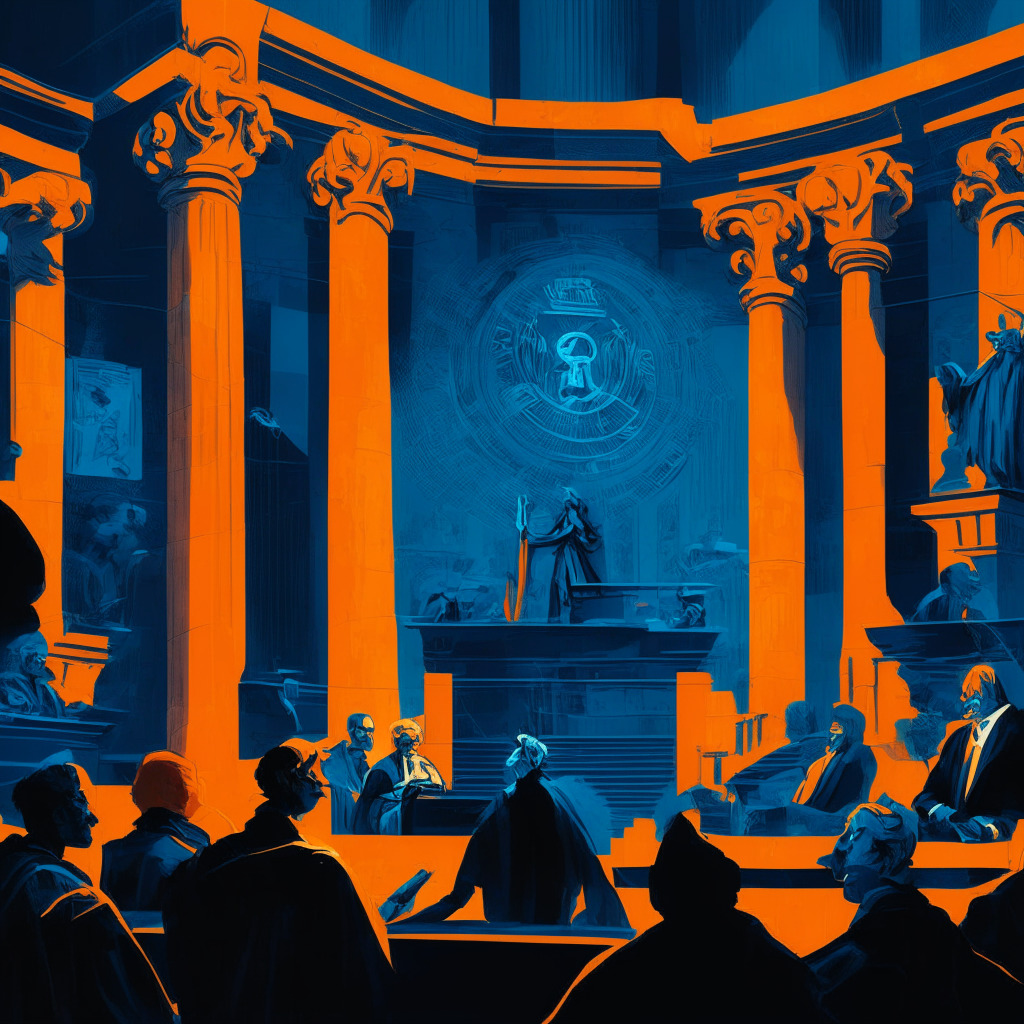Days after the SEC sued Coinbase, Faryar Shirzad, the exchange’s chief policy officer, and the SEC’s director of the division of enforcement, Gurbir Grewal, delivered back-to-back remarks on the state of crypto regulation in the US. As one might expect, they found little common ground during the policy event in New York.
Grewal defended the SEC’s actions, stating that the agency carefully selects companies to bring enforcement actions against, and that the Coinbase lawsuit was a judgment call. He emphasized that the SEC’s main focus is addressing investor harm and said the agency needs to be thoughtful about bringing cases that will have the most impact. Dismissing the notion of “regulation by enforcement” as a catchy and tired refrain, Grewal argued that crypto firms and token issuers know the laws but choose not to act compliantly.
On the other hand, Shirzad raised skepticism around the federal government’s approach to the crypto industry and the apparent disconnect between lawmakers and regulators. He found it unusual that the regulatory agency seemed to rush into redefining facts before congressional action took place. When asked about Coinbase’s decision to file a rulemaking petition against the SEC, Shirzad claimed it was the exchange’s responsibility, stating that their success is ultimately critical to the development of the crypto economy and that they are committed to seeing it through.
While Coinbase has long argued that the SEC is working against financial and technological innovation, Grewal disagrees. He says that plenty of innovation has occurred within the regulatory regime and that the SEC is not here to stifle innovation but rather to stifle fraud.
As for the SEC’s lawsuit against Coinbase, next steps remain unclear. The exchange has not yet delisted any tokens named as securities in the lawsuit and has not made any public comments about a potential settlement.
In conclusion, the divergent perspectives of those leading the charges at the SEC and Coinbase highlight the complexities surrounding cryptocurrency regulation. The industry is developing at a rapid pace, prompting more frequent conflicts as regulators scramble to catch up with crypto advancements in an attempt to protect investors and maintain stability in the sector.
Source: Blockworks




